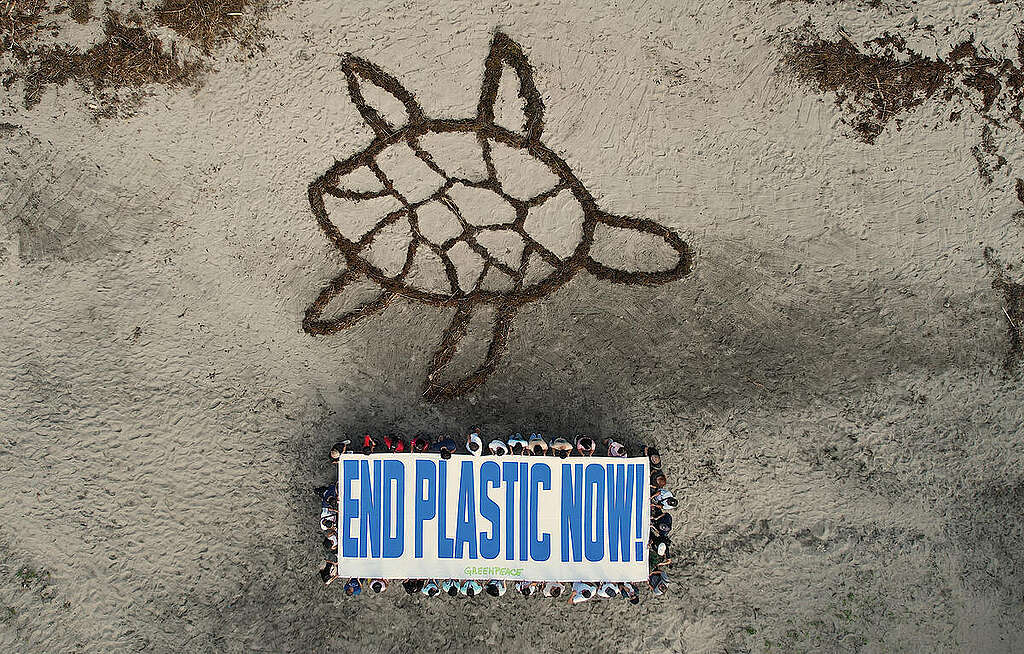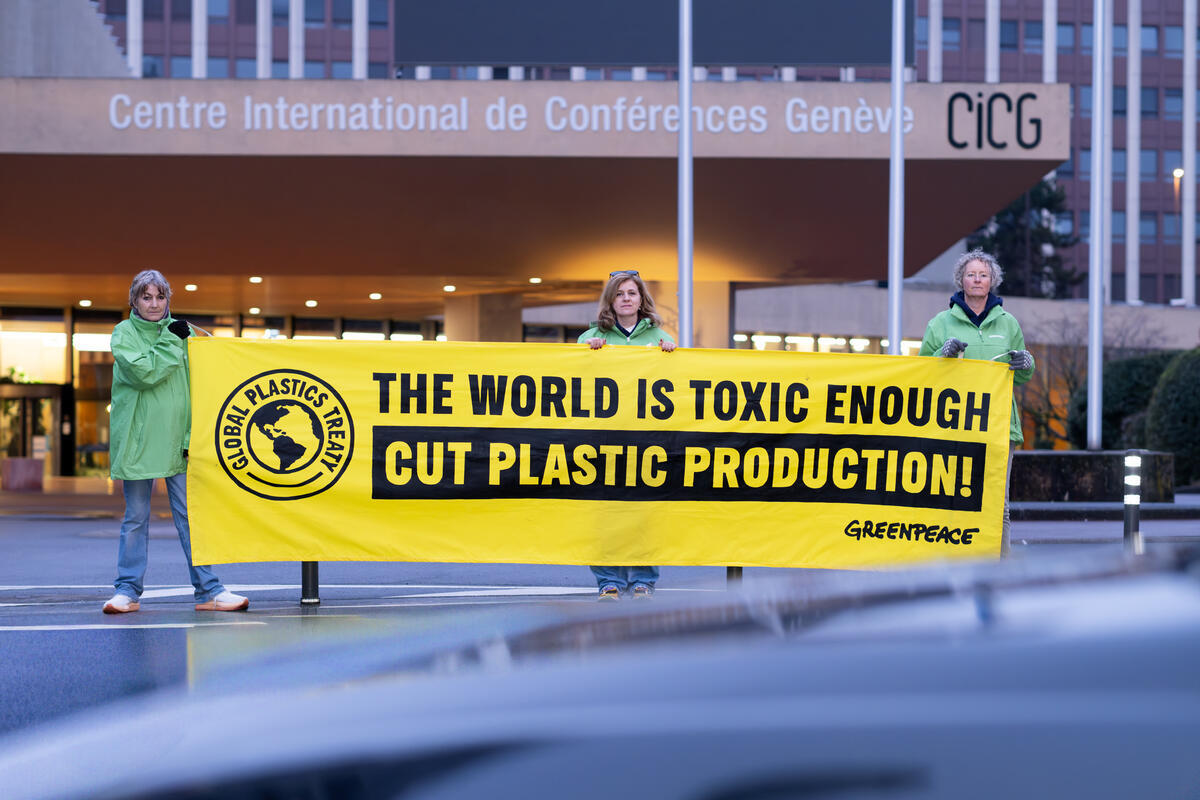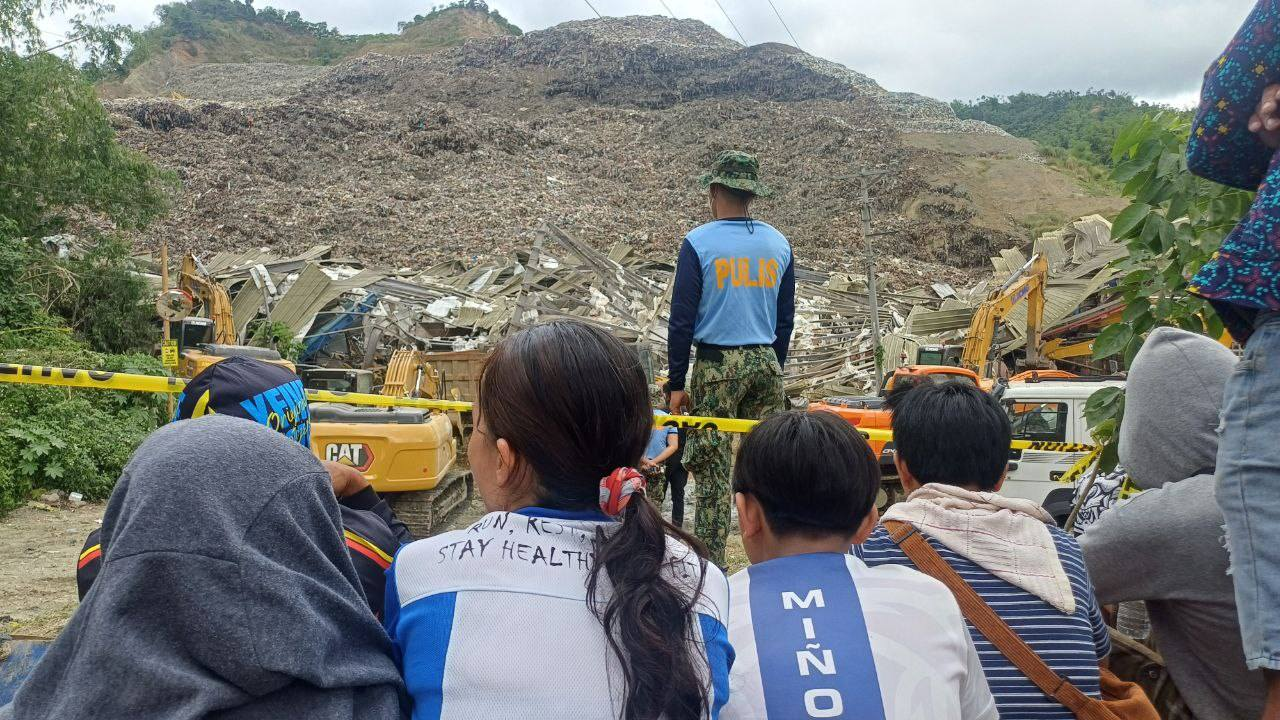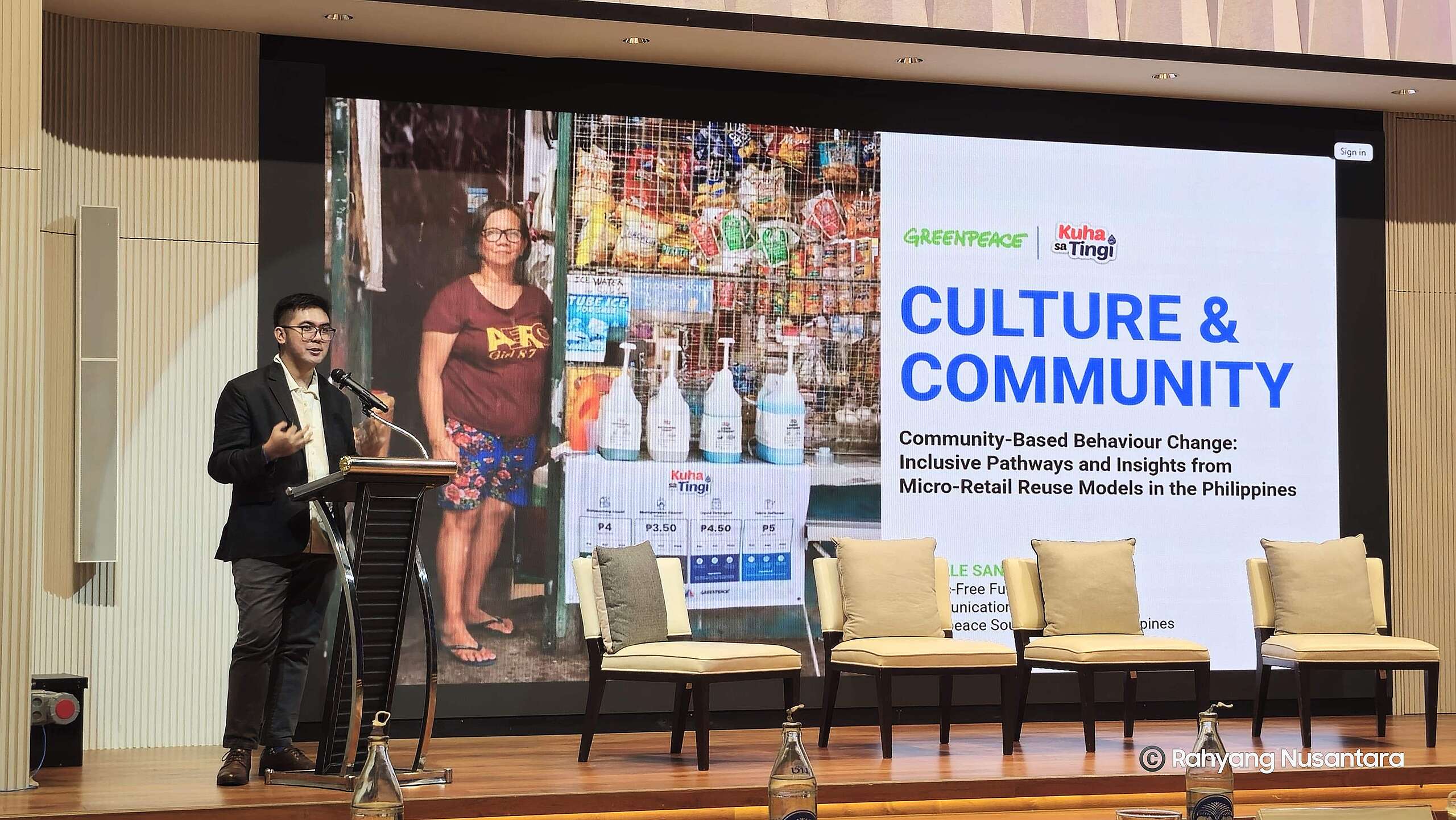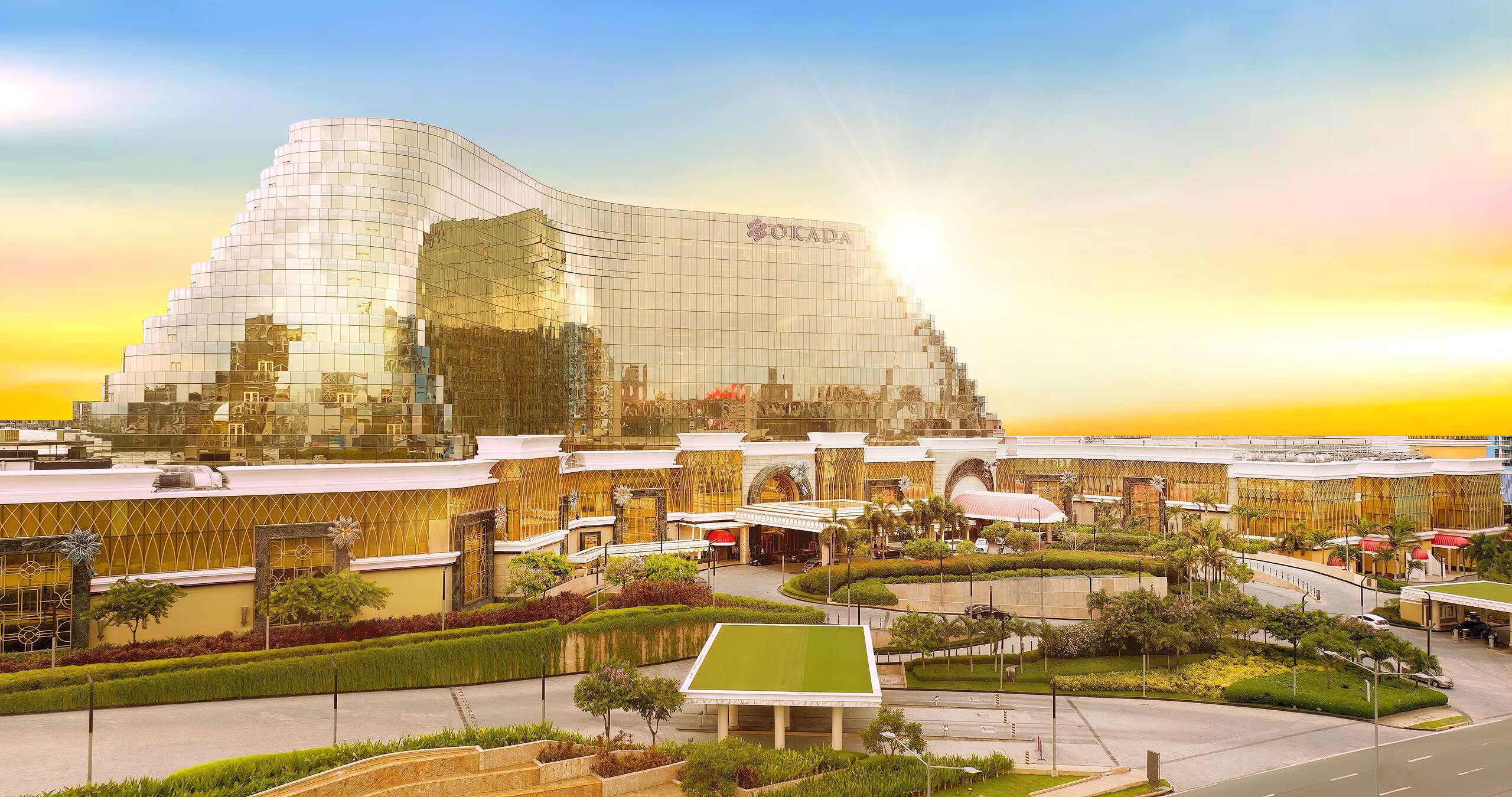
Plenty of businesses are starting their own sustainability initiatives, but only a few large companies are taking serious steps to slowly phase out single-use plastics from their operations. Stepping up to the challenge is Okada Manila, a major player in the Philippine hospitality industry.
The six-time Forbes 5-star integrated resort started its operations in 2016, with the aim of boosting tourism by providing a “comprehensive leisure experience” combining gaming with hotel, dining, shopping and entertainment options. This would evolve into a much bigger cause: embedding environmentally sustainable practices into the services they bring.
“From the very beginning, sustainability has been top of mind — from planning to construction of the property,” shared Okada Manila Vice President for Hotel Operations Robert Scott.
“Almost a decade in, we have integrated environmentally responsible practices across all facets of our operations. Sustainability is at the heart of everything we do, and we continue to develop programs through the Okada Green Heart movement.”
The Philippine hotel industry is the largest consumer of single-use plastics in the country, according to data referenced by a 2022 journal article. Packaging alone accounts for up to 40% of a hotel’s waste stream, a harmful byproduct from manufacturers that doesn’t decompose over time.
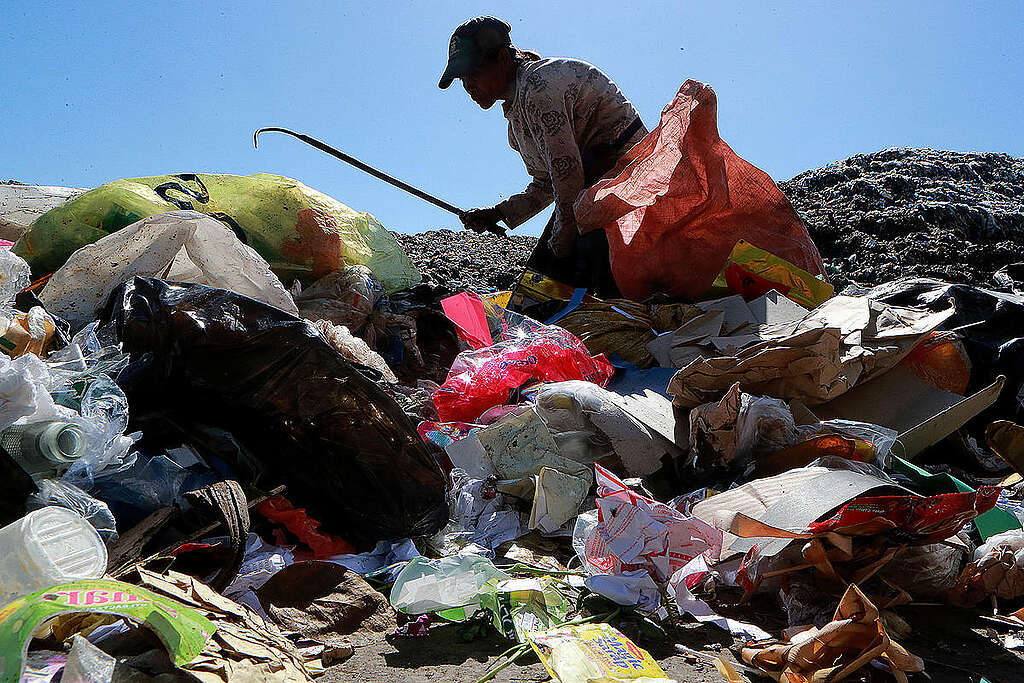
While over 94% of Filipinos are in favor of global caps on plastic production in the country, most are left with limited options as the problematic material continues to be cheaper for businesses.
From plastic bottles to reuse and refill
Okada Manila started out using single-use plastic bottles for various hotel amenities just like most businesses. This includes water bottles, shampoos and conditioners provided to guests. But with over 1,001 rooms, this translates to an immense volume of plastic waste daily.
Acknowledging the problem, the hotel earlier removed disposable bottles carrying hygiene products in all of their guest rooms, effectively replacing it with a similar reuse and refill system.
“We started off with single-use plastic bottles for all of our in-room amenities: shampoos, conditioners, but we’ve removed all those,” added Robert. “Initially we moved them across to aluminium foil tubes and have now removed them completely. So we’ve got the big dispenser pumps that are in the room.”

Plastic bottles carrying essential toiletries are usually taken home by hotel guests in the Philippines, many of which are very small in size. These are replaced by staff before the next guests arrive.
The integrated resort likewise started to eliminate single-use plastic water bottles in their facilities. In order to do this, the Parañaque-based company recently enlisted the services of Swedish firm Nordaq to replace the harmful material with glass bottles.
These are to be filled with filtered water directly within Okada’s property.
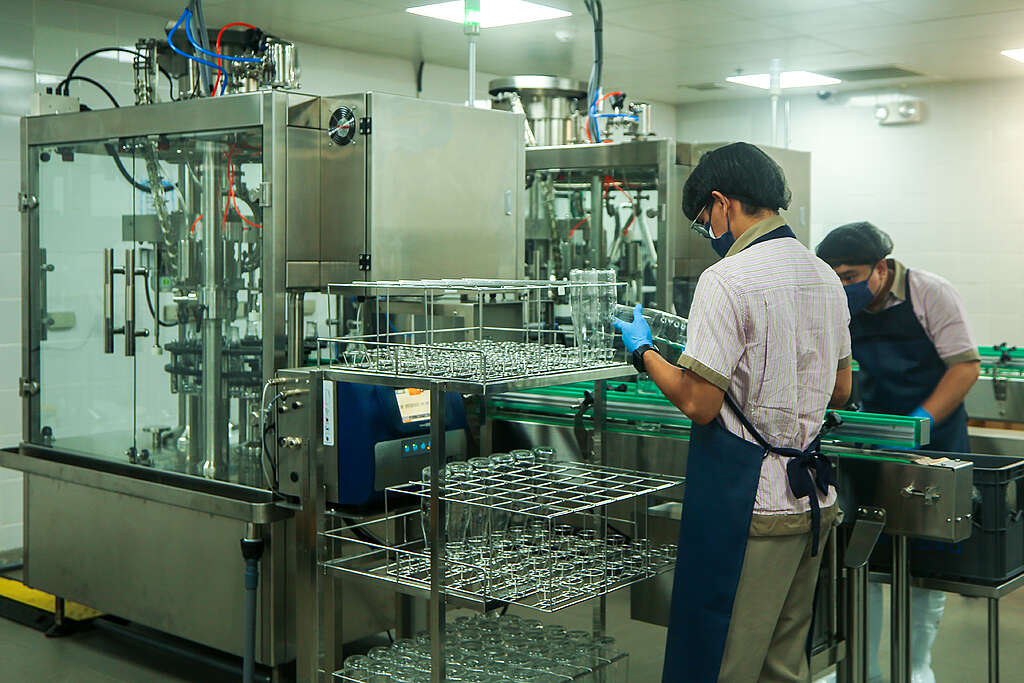
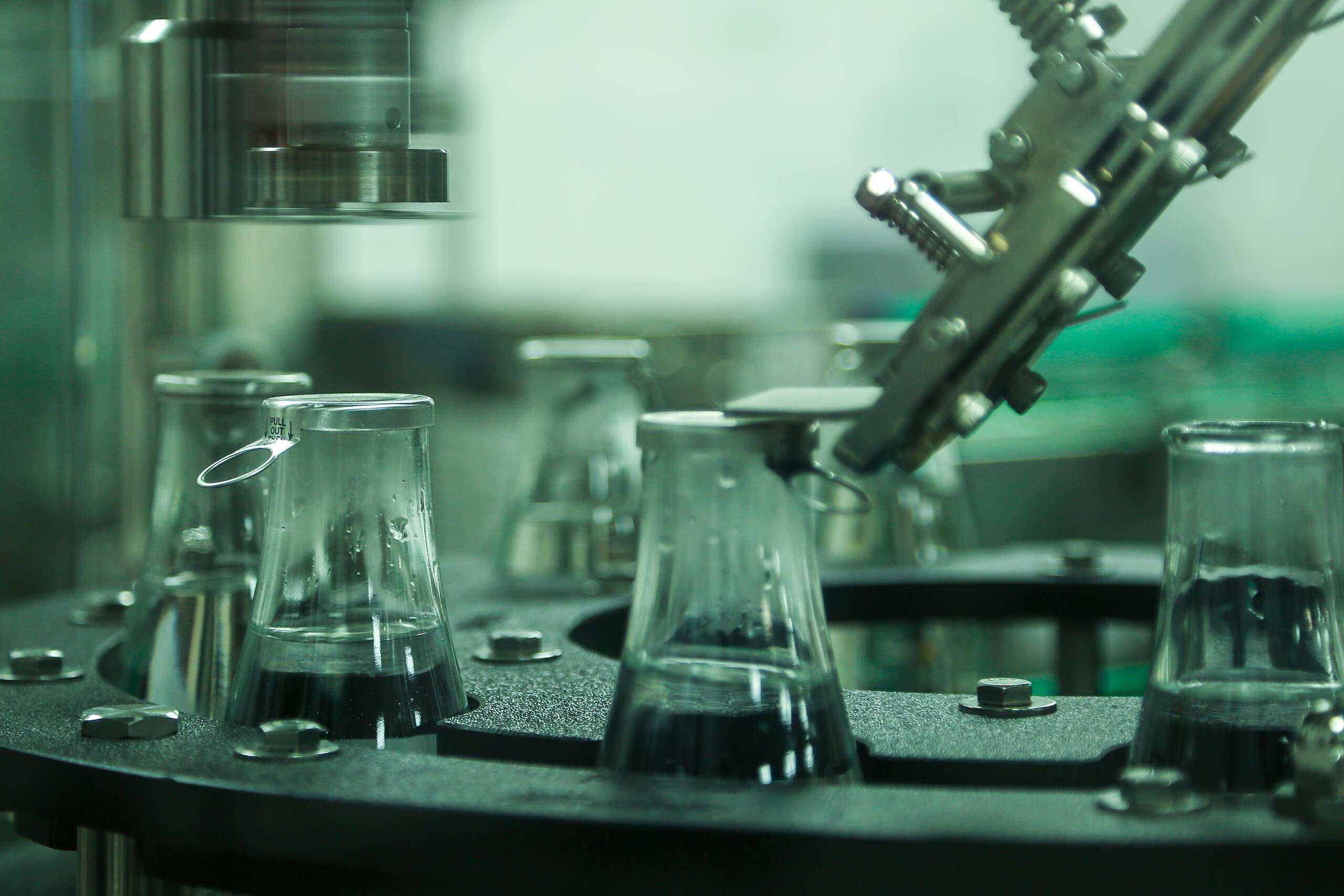
“We go through thousands and thousands of plastic water bottles every month. Very soon they’ll be gone. You won’t see these around Okada Manila anymore,” exclaimed Rob while holding a single-use bottle.
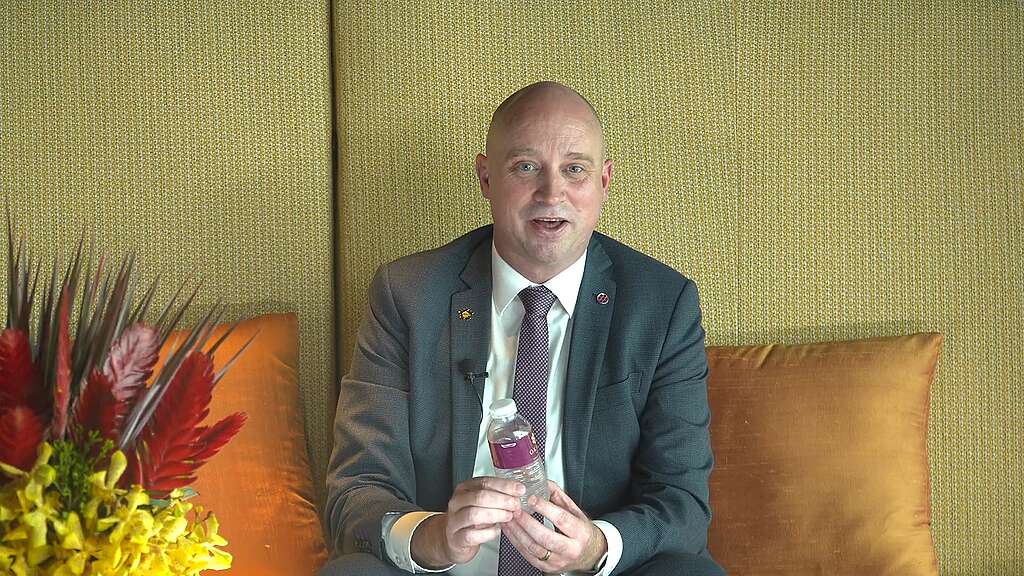
‘Okada Green Heart’
All of the above initiatives form part of Okada Manila’s larger campaign, Okada Green Heart. Central to the initiative are its six pillars, namely: waste management, energy efficiency, water conservation, talent and community, safety, security and welfare, and responsible gaming.
The program is anchored on the United Nations Sustainable Development Goals, a collection of 17 objectives providing for a “shared blueprint for peace and prosperity for people and the planet.” Okada Manila says that it wants to instill the Green Heart program not only in their operations but also for the purposes of community development.
As part of the program, on-site composting alongside other initiatives such as recycling and upcycling of old uniforms are now taking place within their premises. Rooms are also now equipped with smart systems that optimize lighting, heating and cooling based on occupancy. Okada is currently aiming for 100% LED lighting across all outlets.
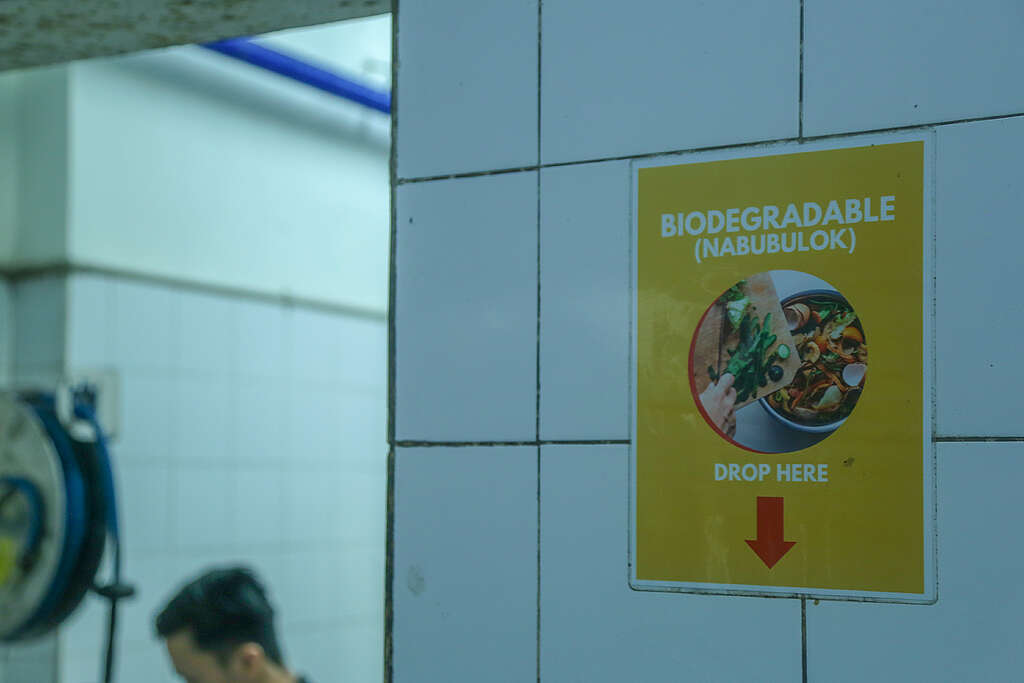
The program not only targets the above-mentioned practices but also other hospitality tasks not usually attributed to the “greening” of an establishment.
“We use different chemicals now that are more environmentally friendly, and they also allow us to wash our laundry at a lower temperature, which saves the energy that’s normally required to heat up that water,” Robert added.
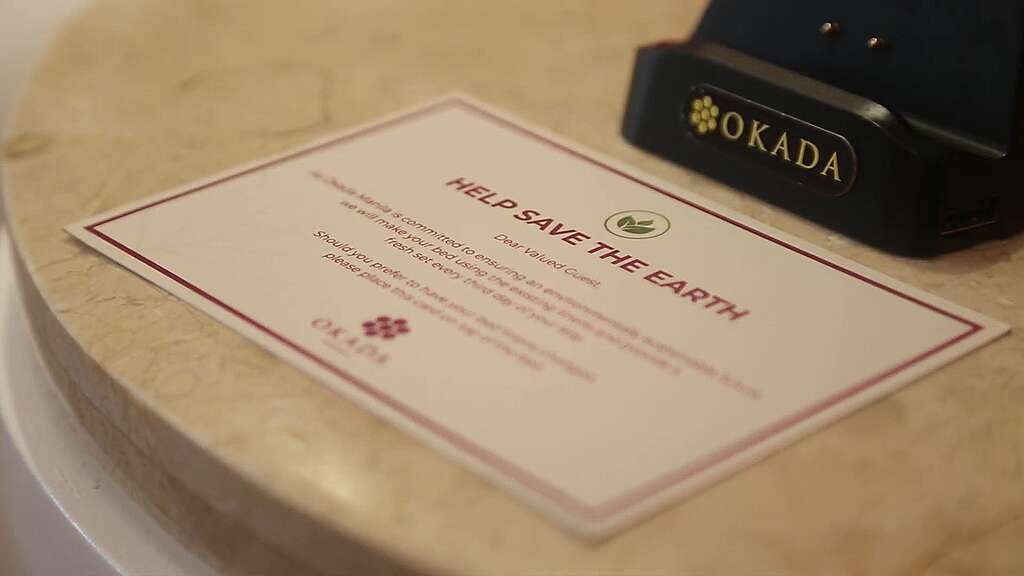
Plastics Treaty as blueprint for business guidelines
The Intergovernmental Negotiating Committee (INC) to develop the world’s first international treaty to combat plastic pollution is set to reconvene once again this 2025 after UN member states failed to reach a consensus in the session held in Busan, South Korea last December.
Environmental organizations have earlier called for an ambitious treaty, calling for a global plastic production reduction of at least 75% to regulate global warming. Over 100 countries have backed a proposal to introduce global reduction targets, only to be frustrated by a handful of oil producing states such as Saudi Arabia.
“Through our Okada Green Heart program, we can really support a strong Global Plastics Treaty,” continued Robert, emphasizing that they could use it to further their sustainability goals as a business. “We can use it to consistently innovate and make some really impactful changes.”
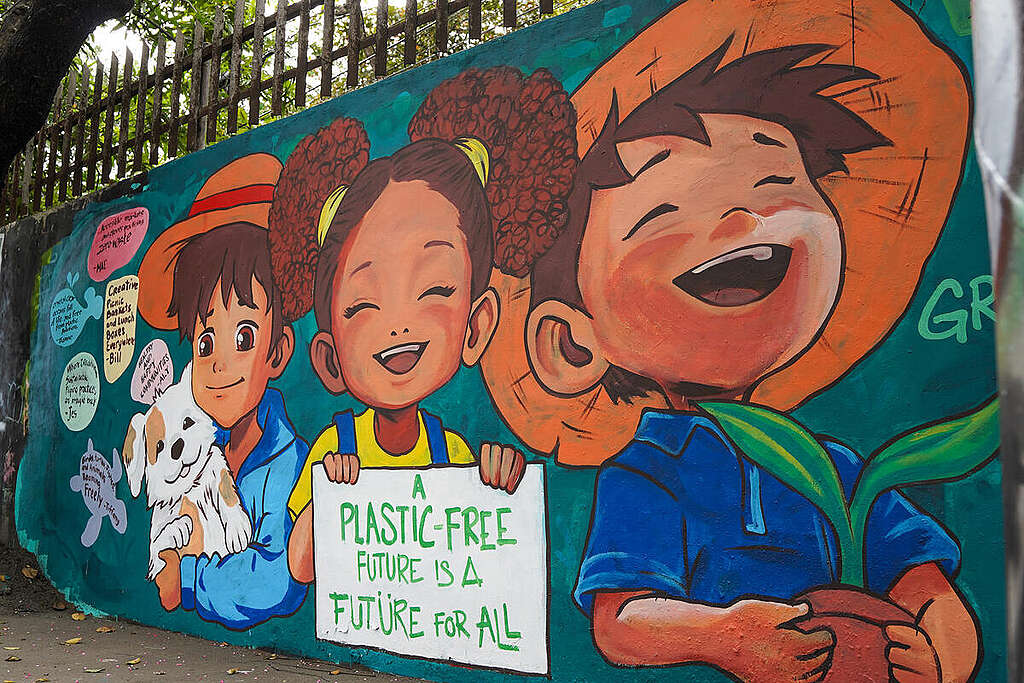
Okada Manila is just one of the many signatories of Champions of Change, a growing network of progressive businesses advocating for a strong Global Plastics Treaty. The group believes that it’s possible for entrepreneurs to operate without contributing to the worsening plastic crisis — provided that steps are made to make it easier for companies to do the right thing.
“We’re really proud and excited to be part of Champions of Change. But it’s not just us. We need everybody to be involved in it, and every single business and every single person can be involved in this project and really make a difference,” he said.
“It’s really important for our kids’ future and for future generations that we leave this world in a better place than it was when we found it.”
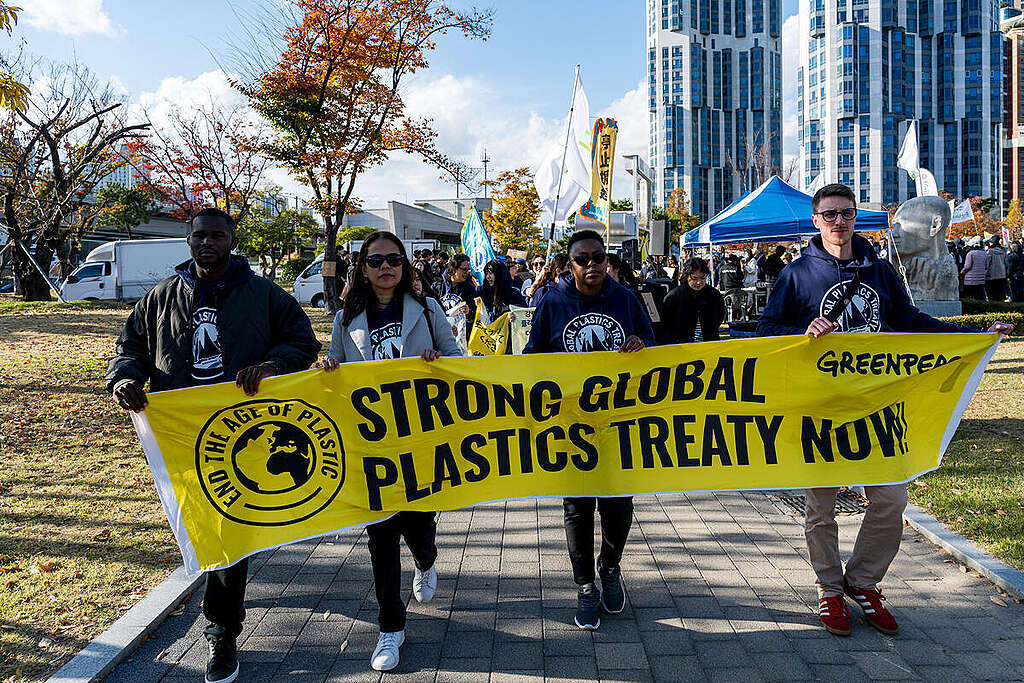
Want to show your support for a Strong Global Plastics Treaty? Sign this petition now.
